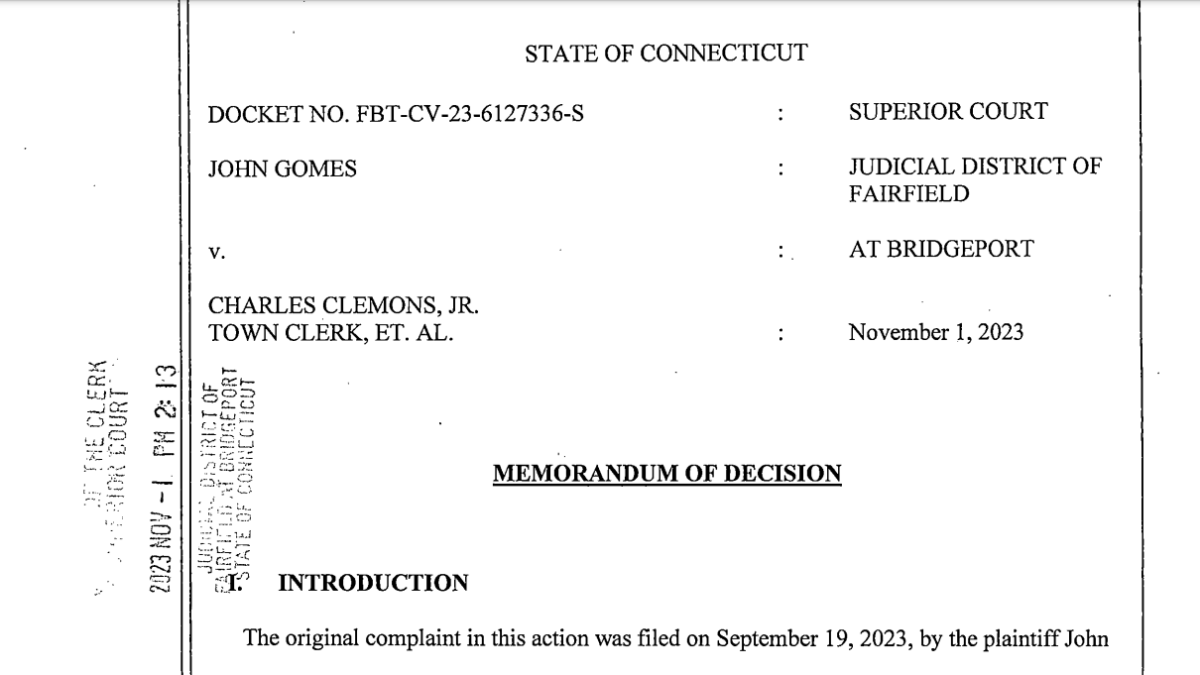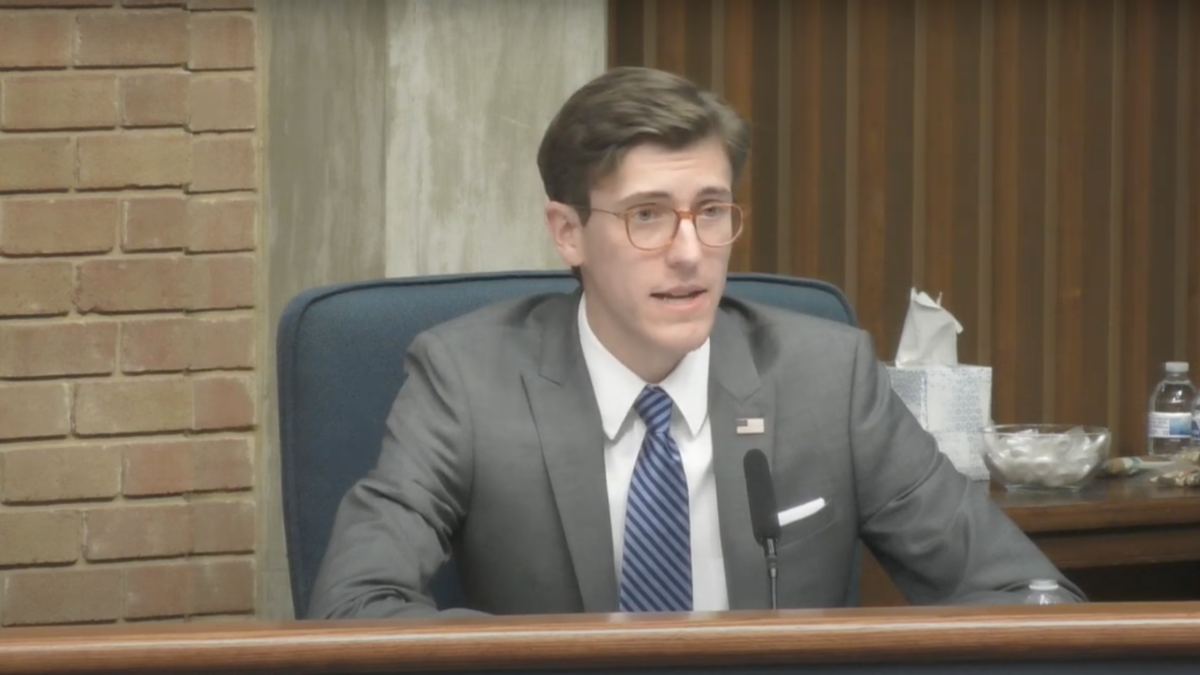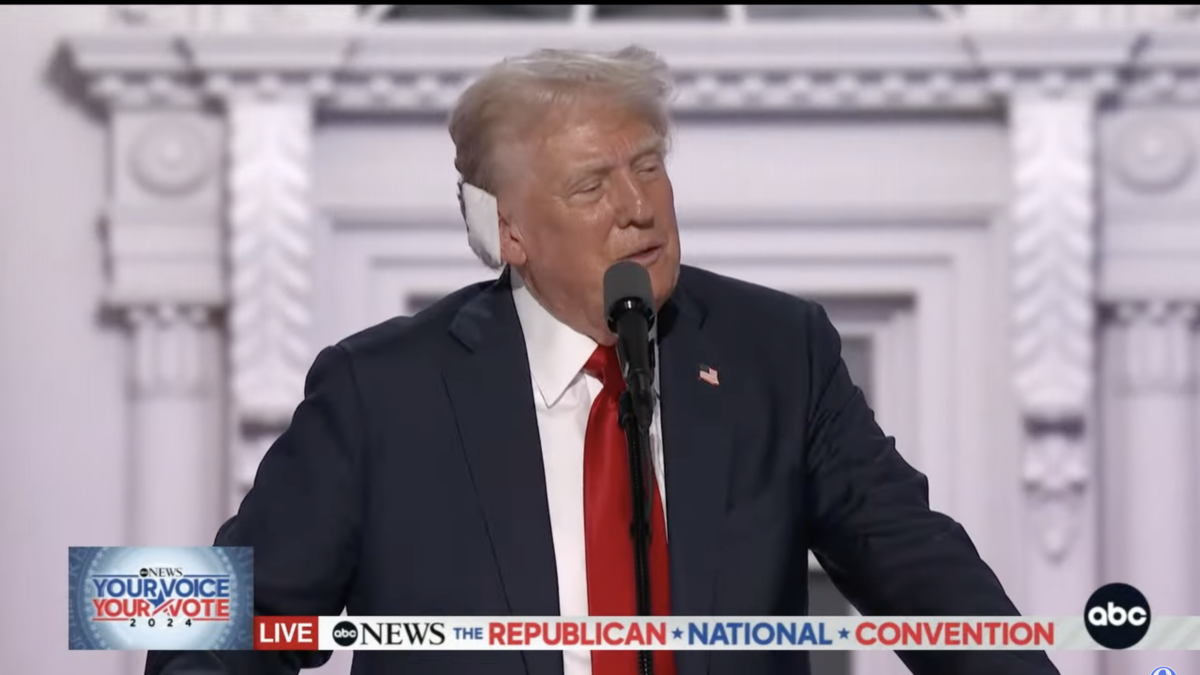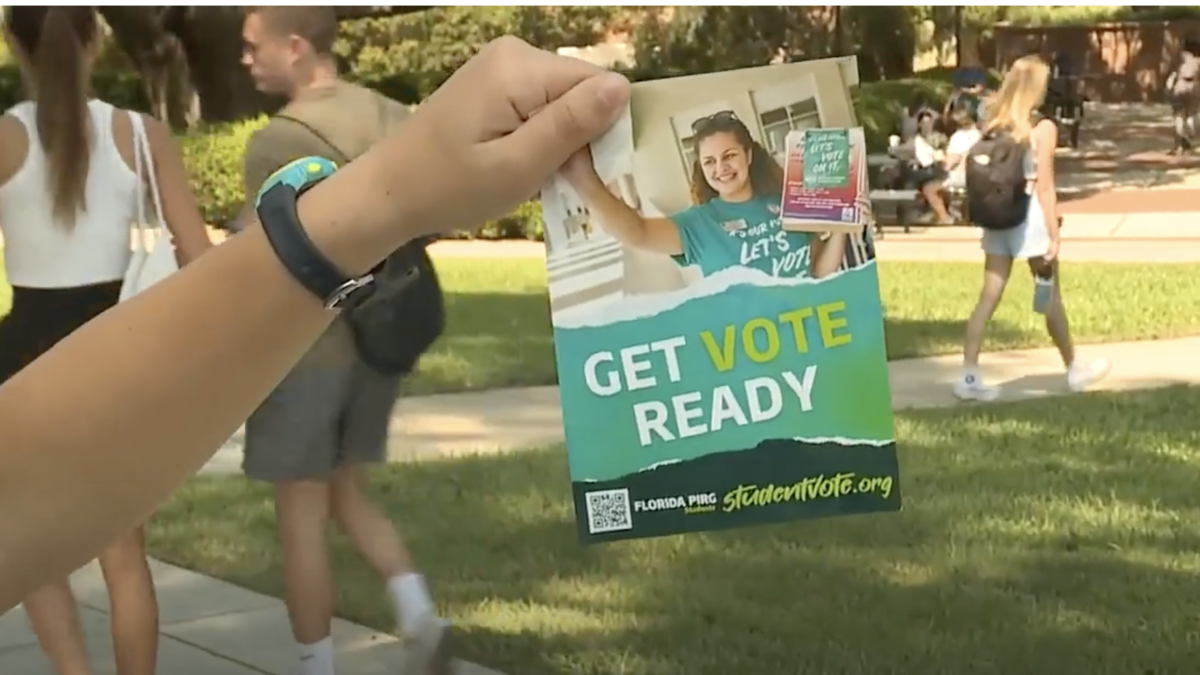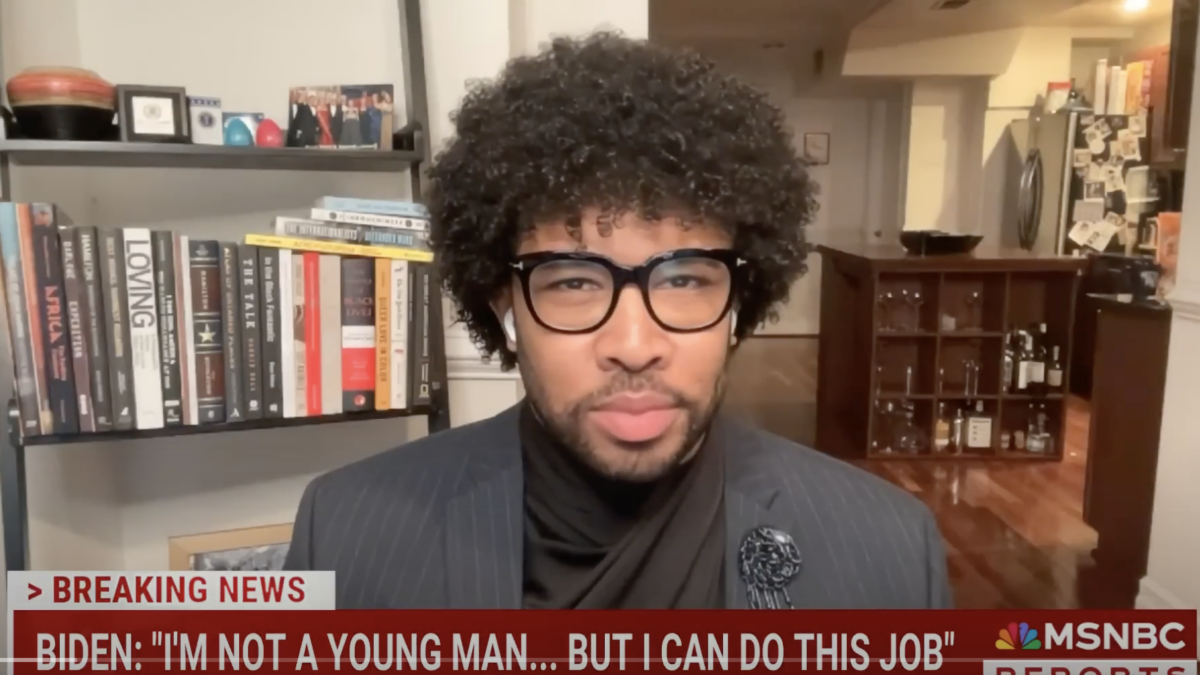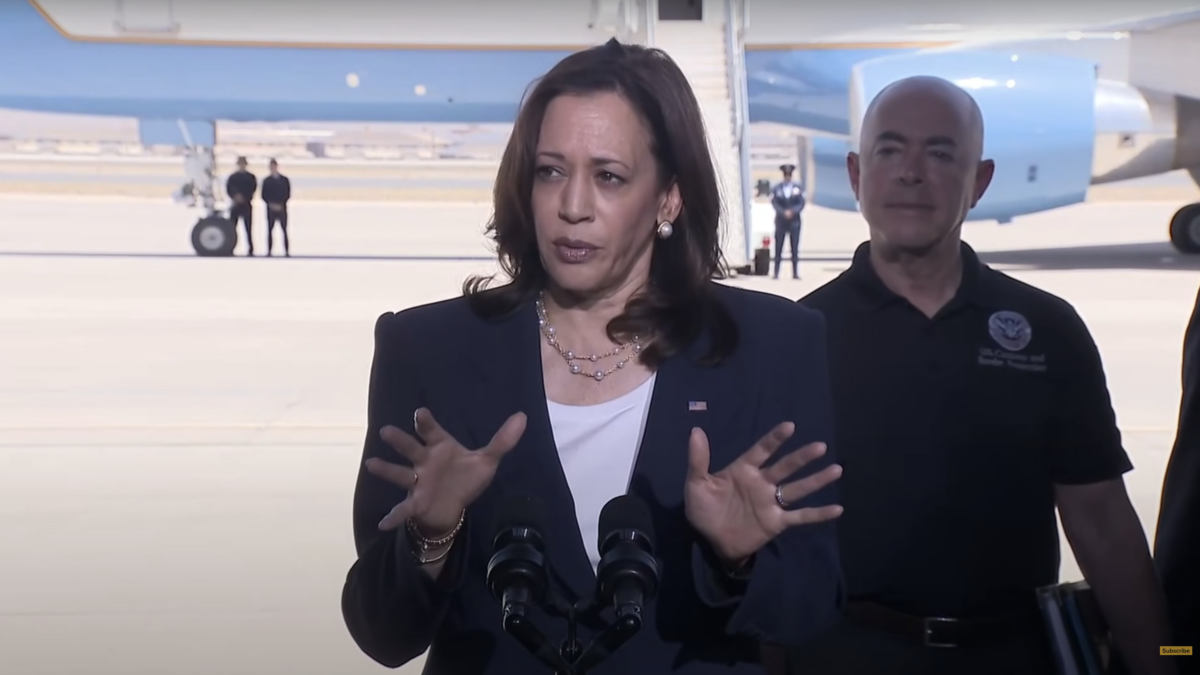In Connecticut, Superior Court Judge William F. Clark has ordered that the results of recent mayoral primary election in Bridgeport, the state’s largest city, be overturned and a new election held.
Clark’s decision affirmed that there was merit to accusations that Bridgeport’s incumbent mayor, Joe Ganim, won his election as a result of significant fraud involving absentee ballots. “The volume of evidence in this case, including the many hundreds of hours of video surveillance disclosed and accepted into evidence is, perhaps, unprecedented in the State of Connecticut in an election case,” observes Clark.
After a primary election in September, challenger John Gomes, former chief administrative officer in the Bridgeport city government, was leading Ganim among votes that were cast in person. Ganim then predicted that the absentee ballots would break his way, and he eventually won the absentee votes 1,564 to 861, securing a victory in the primary by just 251 votes.
After the election, Gomes released a video of what appears to be city employee Wanda Geter-Pataky, who is affiliated with Ganim’s campaign, stuffing ballot boxes. On Aug. 30, just over two weeks before September’s primary election, Connecticut’s State Elections Enforcement Commission recommended criminal charges for Geter-Pataky and two other people connected to Ganim’s campaign related to the mishandling of absentee ballots in Bridgeport’s 2019 mayoral primary. Ganim also won that election by just around 300 votes after absentee ballots were counted.
According to Clark’s decision, Geter-Pataky “asserted her privilege against self-incrimination” 71 times when she was asked questions relating to her work for Ganim, “whether she appeared on the video … [and] whether she took custody of absentee ballots that did not belong to her” in September’s election. She is presently on leave from her job as a city employee while she’s being investigated by the city.
Another woman, Eneida Martinez, a candidate for city council running on a slate with Mayor Ganim, also “asserted her privilege against self-incrimination” when she was asked “whether she took custody of absentee ballots that did not belong to her.”
The decision goes on to lay out a painstaking timeline from the video evidence showing that Geter-Pataky made 10 separate drops in city ballot drop boxes, and Martinez made five. According to Connecticut law, “the voter must personally mail or personally return the ballot for it to be counted,” with exceptions provided for household relatives. The law further states candidates for office, such as Martinez, are expressly forbidden from handling ballots.
“The videos are shocking to the court and should be shocking to all of the parties,” noted Clark.
While Clark did overturn the results of September’s primary election, he concluded that he did not have the authority to stop the general election on Nov. 7, where Ganim is still listed as the Democratic nominee. Gomes is running as a third-party candidate and if he wins, he will withdraw his complaint and become mayor. If Ganim wins Tuesday’s election, another Democratic primary will be held. And if Gomes wins the new Democratic primary, another general election will be held to determine the mayor of the city.
That absentee ballot fraud has been conclusively determined to alter the results of an election in a major American city highlights the fact that much of the national debate over the rapid increase in mail ballots has been dishonest. Though it was once a widely accepted by the news media and academic institutions that mail ballots were more vulnerable to fraud, in recent years the use of absentee ballots has been vigorously defended in response to concerns about election integrity from Republican candidates and voters as the use of absentee ballots has dramatically expanded, in part, to accommodate Democratic Party voter harvesting operations.
Authorities such as The Brookings Institution have declared, “There is no evidence that mail ballots increase electoral fraud.” The decision in Bridgeport is dramatic evidence to the contrary.
